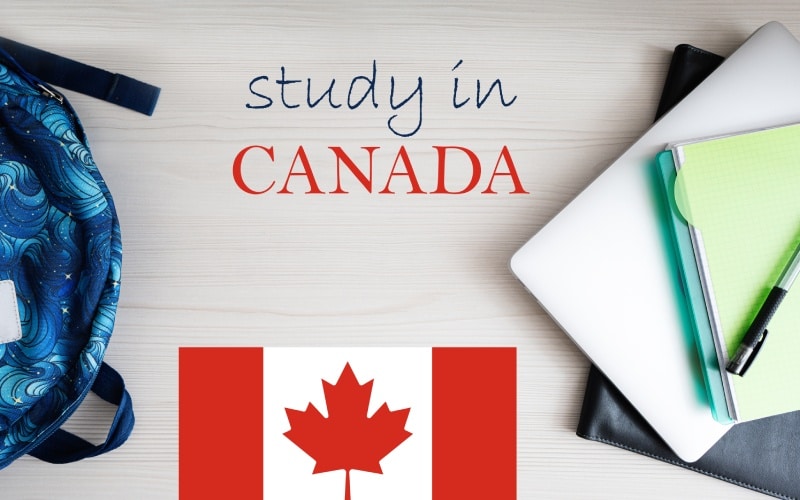Canada has built a strong reputation as the top choice for skilled workers worldwide. Each year, thousands of professionals apply for immigration programs that allow them to build careers and futures in the country. Recent studies show that Canada consistently ranks first among job seekers looking to move abroad.
But why does Canada remain so attractive, even as other countries compete for the same talent? The answer lies in a mix of policy, opportunity, and quality of life.
A System Built for Skilled Workers
One of Canada’s biggest draws is its immigration system. The Express Entry program is designed to evaluate applicants quickly and fairly. It awards points for work experience, education, age, and language ability. Those with the highest scores receive invitations to apply for permanent residency.
This process is faster and more transparent than many systems elsewhere. It allows skilled professionals to see a clear path from application to settlement. Provinces also run their own nominee programs, which create more chances for workers in high-demand fields.
Strong Job Opportunities
Canada’s economy continues to grow across key industries like technology, healthcare, engineering, and finance. Employers often face labor shortages, which makes skilled immigrants valuable.
Data from Statistics Canada shows that employment rates among immigrants are high. Over 80% of working-age immigrants find stable jobs after ten years in the country. This stability makes Canada stand out compared to other destinations, where new arrivals may struggle longer to find work.
Quality of Life and Healthcare
Beyond job opportunities, Canada is known for its high standard of living. Universal healthcare is a major factor. Every permanent resident has access to medical services funded through taxes. This reduces financial stress for families and makes Canada appealing to workers with children.
Affordable education, safe cities, and strong social support programs also add to Canada’s appeal. These benefits are not only important for workers but also for their families who want to thrive in a new environment.
A Welcoming and Diverse Society
Canada has long embraced diversity. Over 20% of its population is foreign-born, one of the highest rates in the world. This diversity creates communities where newcomers feel at home.
Inclusion is not just a policy but a lived experience. New immigrants often find support through cultural associations, settlement services, and community programs. This welcoming atmosphere helps skilled workers settle faster and with less stress.
Global Recognition
Global reports back up Canada’s reputation. In 2024, Canada ranked fourth in the U.S. News Best Countries survey, earning high marks for quality of life, social purpose, and entrepreneurship. Jobseeker studies also placed Canada at the top spot for international job searches, beating countries like Australia, Switzerland, and the United States.
These rankings reflect more than perception. They show that Canada is trusted as a place where workers can succeed both professionally and personally.
Government Commitment to Immigration
Canada’s government continues to expand its immigration goals. Plans for 2025 include higher targets for skilled workers through Express Entry and Provincial Nominee Programs. This ensures that the flow of talent matches the needs of the economy.
Healthcare workers, tech specialists, and engineers remain top priorities. With an aging population and rising demand in these sectors, Canada is not just open to skilled workers—it actively seeks them.
Final Thoughts
Canada’s appeal to skilled workers is built on more than one factor. It combines a fair immigration system, a strong economy, high employment rates, free healthcare, and a welcoming society. For professionals seeking stability, growth, and quality of life, Canada remains unmatched.
As global competition for talent increases, Canada’s balanced approach ensures it will stay at the top for years to come. For skilled workers ready to make a move, few destinations offer as much promise.









